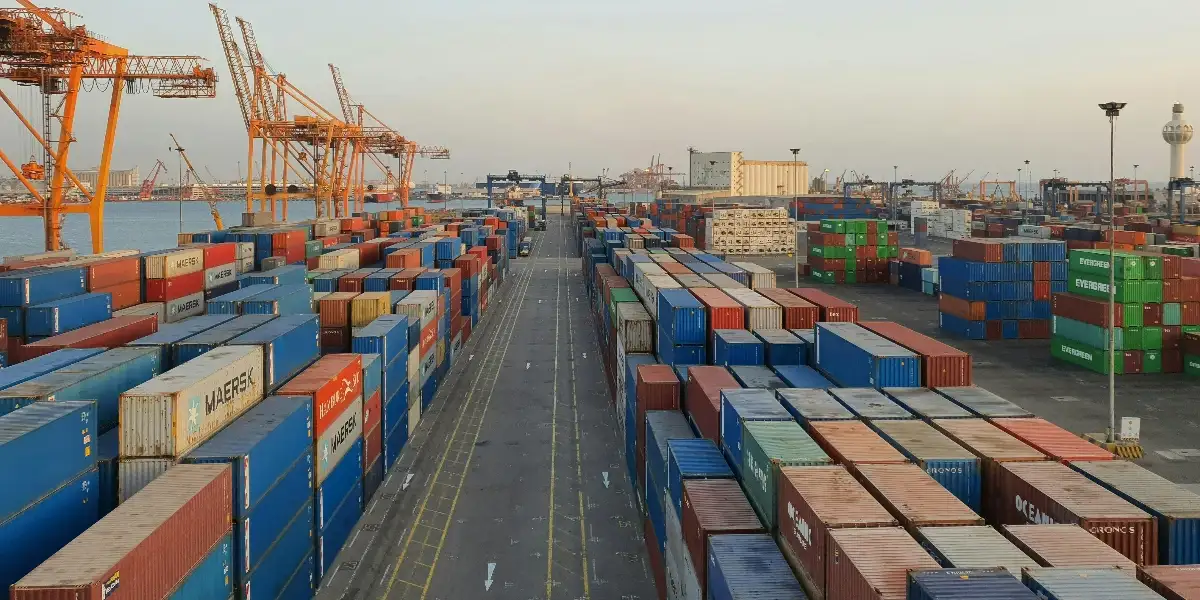Port Performance
Port Performance measures the efficiency and effectiveness of a port in handling cargo, vessels, and overall logistics operations.
Port Performance refers to a port's efficiency, effectiveness, and overall operational capabilities in facilitating the smooth and timely movement of goods, vessels, and passengers.
Key Indicators of Port Performance
Turnaround Times for Vessels
The duration it takes for a vessel to unload, reload, and depart from the port.
Cargo Handling Efficiency
The speed and effectiveness of loading, unloading, and transferring cargo within the port.
Berth Occupancy Rates
The percentage of time a berth is occupied by a vessel, indicating the port's utilization.
Congestion Management
The ability of the port to handle high volumes of traffic without causing delays or disruptions.
Infrastructure Utilization
Efficient use of port infrastructure, including terminals, storage facilities, and transportation links.
Safety Records
Adherence to safety protocols and preventing accidents or incidents within the port area.
Technology Integration
Implementation of advanced technologies for real-time monitoring, data analytics, and operational optimization.
Environmental Sustainability
Port initiatives and practices to minimize environmental impacts, such as emissions reduction and waste management.
Effective port performance is crucial for optimizing supply chain logistics, minimizing delays, and enhancing the competitiveness of a region or country in global trade.







